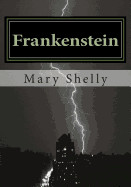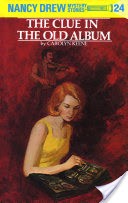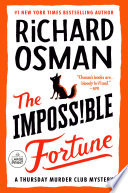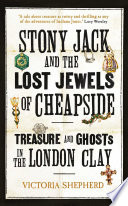It was quite difficult at times to figure out what was fiction and what was fact in this book -- and a fairly egregious error when discussing Tutankhamun (because the author chose to mention Howard Carter a bunch, even though he is totally irrelevant to the Cheapside Hoard) makes me worry a bit about the author's actual scholarly ability.
It was an entertaining read, but... yeah. Concerns.



















